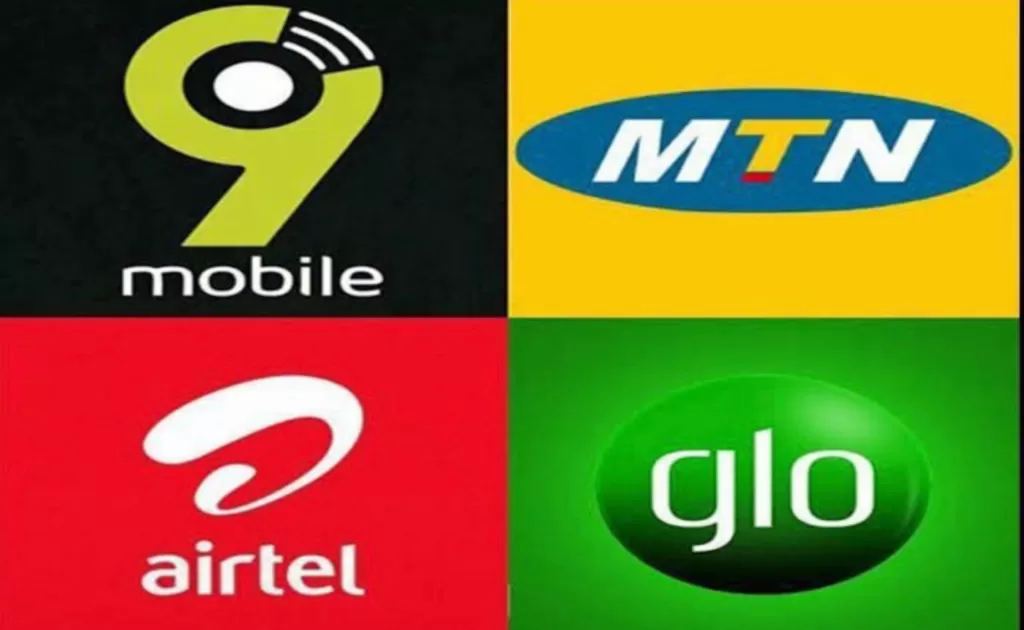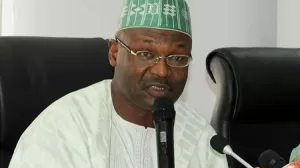Federal Government Scraps 5% Telecom Tax on Voice and Data Services in Nigeria

In a significant policy shift, the Federal Government of Nigeria has revoked the 5% excise tax previously imposed on telecommunications services, including voice calls and data. The decision, announced by Aminu Maida, the Executive Vice Chairman of the Nigerian Communications Commission (NCC), is expected to bring substantial relief to over 171 million active telecom users across the country. The tax, introduced under the administration of former President Muhammadu Buhari, had faced widespread criticism from industry stakeholders and consumer advocates for exacerbating the financial burden on Nigerians already grappling with rising costs.
Background of the Telecom Tax
The 5% excise tax on telecommunications services was initially introduced as part of efforts to boost government revenue amid economic challenges. The policy targeted voice calls, data services, and other telecom-related activities, adding to the operational costs of major telecom operators such as MTN, Airtel, Glo, and 9mobile. However, the tax drew immediate backlash, with critics arguing that it would further inflate tariffs for consumers, many of whom rely heavily on mobile services for business, education, and social connectivity.
The telecom sector, a critical driver of Nigeria’s digital economy, has seen exponential growth in recent years, with mobile penetration reaching over 80% of the population. Despite this, consumers have faced increasing costs, including a 50% tariff hike implemented earlier in 2025. The additional tax was seen as a further strain on affordability, prompting calls for its removal from industry players, consumer advocacy groups, and even lawmakers.
President Tinubu’s Directive
According to Aminu Maida, the decision to scrap the tax was directed by President Bola Ahmed Tinubu during discussions surrounding the recently passed Finance Act. This move aligns with the administration’s broader efforts to ease economic pressures on Nigerians and stimulate growth in key sectors like telecommunications. The Finance Act, which often includes amendments to tax policies, provided the framework for this significant policy reversal.
Maida emphasized that the removal of the tax would not only benefit consumers but also support the telecom industry’s sustainability. “This is a welcome development for both the industry and the millions of Nigerians who depend on telecom services daily,” he stated during a press briefing. The NCC, as the regulatory body overseeing Nigeria’s telecom sector, is expected to work with operators to ensure compliance with the new directive and monitor its impact on service delivery.
Implications for Consumers
With over 171 million active telecom subscribers in Nigeria, the removal of the 5% excise tax is poised to have a far-reaching impact. For the average Nigerian, this translates to potential savings on voice calls and data bundles, which are essential for staying connected in an increasingly digital world. The decision comes at a critical time, as many households are still reeling from the 50% tariff increase earlier this year, which was attributed to rising operational costs for telecom operators, including energy and infrastructure expenses.
Consumer advocacy groups have hailed the move as a step toward improving affordability and accessibility of telecom services. “This is a victory for the Nigerian consumer,” said Tunde Adebayo, a spokesperson for the National Association of Telecom Subscribers (NATCOMS). “We hope this will encourage operators to stabilize tariffs and invest in improving service quality.”
Industry and Economic Impact
The telecom sector is a cornerstone of Nigeria’s digital economy, contributing significantly to GDP and enabling advancements in fintech, e-commerce, and education. The removal of the excise tax is expected to alleviate some of the financial pressures faced by telecom operators, potentially enabling them to invest in network expansion, 5G deployment, and rural connectivity initiatives.
Analysts suggest that the policy change could also boost investor confidence in Nigeria’s telecom market, which has attracted significant foreign direct investment in recent years. By reducing operational costs, operators may be able to avoid further tariff hikes, fostering a more competitive and consumer-friendly market.
Moreover, the decision aligns with the government’s broader economic agenda of promoting digital inclusion and bridging the digital divide. With millions of Nigerians relying on mobile internet for access to information, education, and financial services, affordable telecom services are critical to achieving these goals.
Challenges and Next Steps
While the removal of the tax is a positive development, challenges remain in ensuring that the benefits translate to tangible relief for consumers. Telecom operators will need to adjust their pricing models to reflect the tax cut, and the NCC will play a crucial role in monitoring compliance. Additionally, the government will need to address other structural issues in the telecom sector, such as high energy costs and vandalism of telecom infrastructure, which continue to drive up operational expenses.
There is also the question of how the government will offset the revenue loss from scrapping the tax. The Buhari administration had justified the tax as a means to fund critical infrastructure projects, and its removal may necessitate alternative revenue streams to avoid straining the national budget.
Looking Ahead
The revocation of the 5% telecom tax marks a significant milestone in Nigeria’s efforts to balance economic growth with consumer welfare. For the millions of Nigerians who rely on mobile services, this decision offers hope for more affordable communication in an era of rising costs. As the NCC and telecom operators work to implement the new policy, stakeholders will be watching closely to see how it shapes the future of Nigeria’s vibrant telecom industry.
For further updates on this development or to explore its broader implications, stakeholders can engage with the NCC or monitor announcements from the Federal Ministry of Communications and Digital Economy. This policy change underscores the government’s responsiveness to public concerns and sets the stage for a more inclusive and sustainable digital economy in Nigeria.






